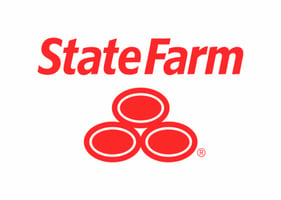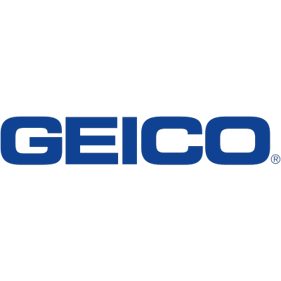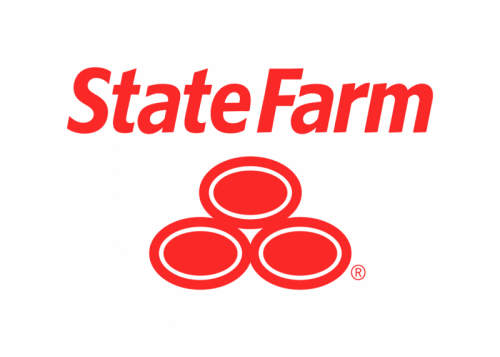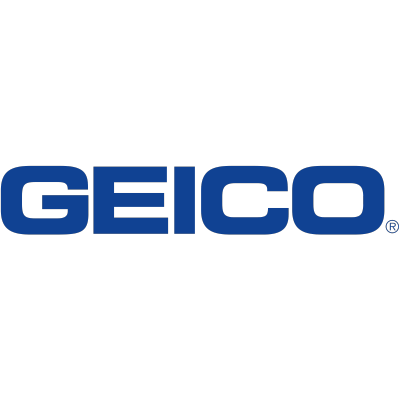Auto insurance might not be the most exciting thing, but it's one of the smartest ways to protect yourself and your wallet (not to mention, it's usually legally required). Think of it as your financial safety net, ready to catch you when life throws a curveball, like an auto accident or a costly vehicle repair.
It's incredibly important to shop around for auto insurance, as rates can vary significantly by carrier. You could save hundreds of dollars per year by getting several quotes.
We've carefully reviewed top auto insurance companies, and the picks below are our favorites for coverage, value, and customer satisfaction.
Best Car Insurance Companies: Our Picks
| Offer | Best For | Next Steps |
|---|---|---|

State Farm
|
Great For: Best overall | |

Geico
|
Great For: Best for affordability | |

Allstate
|
Great For: Best for teens | |

USAA
|
Great For: Best for veterans |
How do I find the best car insurance company for me?
Start by comparing quotes from multiple insurers to find a balance of affordability and coverage. Look for companies with strong customer reviews, reliable claims processes, and discounts that fit your situation, such as for safe driving or bundling policies. Consider coverage options like collision, comprehensive, and liability to match your needs.
Jump to a section:
Best overall: State Farm

Best for affordability: Geico

Best for teens: Allstate

Best for veterans: USAA

What factors affect my car insurance rates?
Your rates are influenced by factors like your driving history, age, location, vehicle type, and even credit score in some states. Insurers also consider how much coverage you choose and your deductible amount. Maintaining a clean driving record and taking advantage of discounts can help lower your premiums.
Is the cheapest car insurance always the best option?
Not necessarily. While affordability is an important aspect of auto insurance, the cheapest policy might leave you underinsured. Focus on value: a policy that provides the coverage you need at a price you can afford. Sometimes spending a little more upfront can save you from costly out-of-pocket expenses down the road.
What types of coverage should I consider?
The basics include liability insurance, which covers damages or injuries you cause to others, but you may also want collision coverage for your car's repairs and comprehensive coverage for non-accident events like theft or weather damage. Add-ons like roadside assistance or rental reimbursement can provide extra peace of mind based on your needs.
Shop around. Each insurer has a different pricing algorithm, and the insurer that offers the lowest price for one person might not be the insurer that offers the lowest price for someone else.Benjamin Shiller, Ph.D. Assistant Professor of Economics at Brandeis University
FAQs
-
While minimum coverage meets legal requirements, it may not cover all damages or medical bills in a serious accident, leaving you financially vulnerable.
-
You can save by comparing quotes, bundling policies, maintaining a clean driving record, and taking advantage of discounts like safe driver or multi-car.
Auto Insurance Ratings Methodology
The data found on this page is a combination of publicly available quote data obtained directly from the carrier as well as insurance rate data from Quadrant Information Services. These rates were publicly sourced from the top ten (10) to fifteen (15) carrier markets, within each state, based on annual written premium and should be used for comparative purposes only -- your own quotes may be different.
The base vehicle used for benchmarking purposes is a 2019 Honda Civic averaging 14k miles driven per year.
The base driver persona is a 35 year old single male with a clean driving record that uses their vehicle for personal commuting with coverage limits set to the following: (unless otherwise noted)
- Coverage: $50,000 per person / $100,000 per accident /$25,000 property damage
- Deductible: Comprehensive with $500 deductible / Collision with $500 deductible
- Other: No uninsured or underinsured coverage
Insurance products are then rated on a scale of one to five stars, primarily focusing on:
Pricing
With so many options for insurance across the board these days, it's easiest, and quite effective, to first look at the bottom line. Do single out competitive prices across insurance categories it's important to focus on:
- Deductibles
- Terms
- Coverage
- The fine print
Discounts
Insurance provides coverage for unexpected financial burdens and piece of mind. But it's important to check your policies and see how you can lower your premium. Insurance companies offer discounts for all sorts of things now from safe driving to good grades to automatic bill pay. Pay attention to:
- Discounts offered
- Variety of discounts
- Discount qualifications
Perks/Benefits
The benefits of insurance these days have gone far beyond just what your policy covers. Most companies and policies come with perks -- some of which may be completely unrelated to your insurance policy. Take a look at:
- Non-pricing related perks offered
- Benefits unrelated to your coverage
- Perks that stand out in the industry
- Will you actually use the benefit?
Customer Service/Claims Process
Policy research and coverage options are great, but how is the process when you have to actually use your insurance policy? The best coverage doesn't hold much value if it's a hassle to get paid out. Pay special attention to:
- How hard it is to file a claim
- If your provider has a history of resisting payouts
- The customer satisfaction scores for your provider

